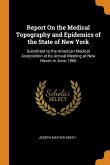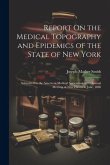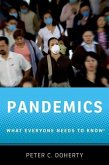Applying Multicultural Ethics to Epidemics and Pandemics provides readers with an exploration of the multifaceted nature of epidemics and pandemics, examining their historical impact on human societies and the ethical considerations they raise. Readers are challenged to better understand and confront the myriad issues related to public health crises and ethical practices through the lens of multiculturalism. Part I introduces the basics of epidemics and pandemics with emphasis on the diseases that are commonly associated with them. Part II shifts the focus to ethical perspectives, presenting Western, Eastern, Middle Eastern, and other cultural ethical theories. Parts III and IV are dedicated to specific historical and contemporary case studies of epidemics and pandemics, including the Black Death, early American epidemics, Ebola, Yellow Fever, tuberculosis, the 1918 Spanish Influenza, and COVID-19. Each case study is analyzed through the lens of the ethical theories discussed earlier in the text. The final part looks to the future, considering the implications of ethical theories in the context of pandemics and epidemics. Each chapter concludes with questions for discussion and reflection, encouraging readers to engage critically with the material. Designed to provide readers with comprehensive understanding of the ethical dimensions of pandemics and epidemics within a multicultural context, the book is an ideal resource for courses with focus on public health and medical ethics, as well as interdisciplinary programs that combine health sciences and humanities.

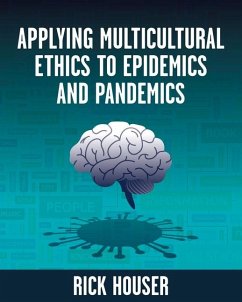
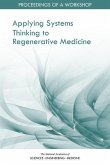

![Medical Assistant Exam Success: A Q&A Review Applying Critical Thinking to Test Taking [With CDROM] Medical Assistant Exam Success: A Q&A Review Applying Critical Thinking to Test Taking [With CDROM]](https://bilder.buecher.de/produkte/30/30365/30365037m.jpg)
